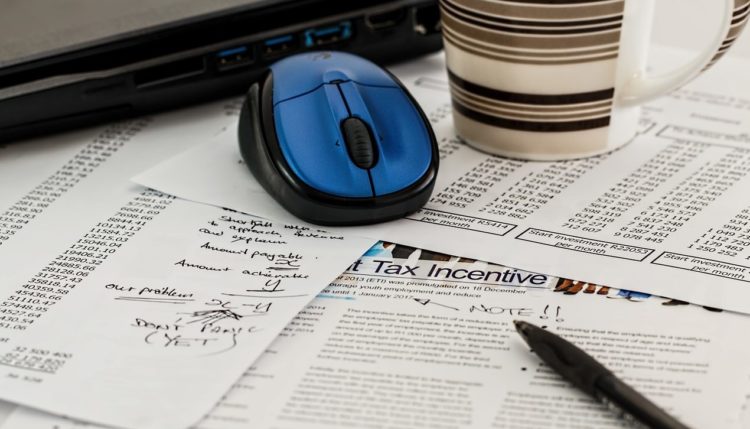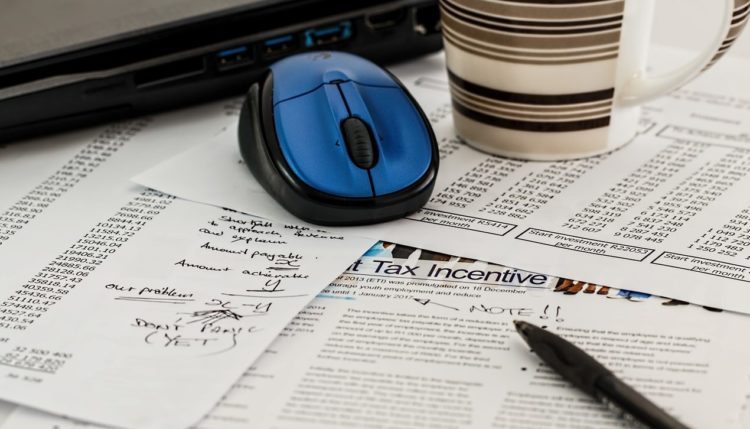Newly self-employed? Here’s everything you need to know about self-assessment from Liverpool firm BWM
There are 70,000 more self-employed people than a year ago and that also means a big increase in people having to fill in self-assessment tax returns for the first time.

Record numbers of people across the UK – almost 5m – are now classed as self-employed, new figures from the Office for National Statistics show.
There are 70,000 more self-employed people than a year ago and that also means a big increase in people having to fill in self-assessment tax returns for the first time.
Leading Liverpool accountancy firm BWM says some people may find the prospect daunting and is offering an invaluable guide for those that need to get the form filled in by the January 31 deadline to avoid a penalty charge.
BWM managing partner Peter Taaffe says: “Self-assessing for the first time can be scary for all those who have take the plunge and gone self-employed. However, if you approach the task calmly and methodically then you can have it done in no time – and give yourself peace of mind.”
The current self assessment period covers the 12 months to April 5 this year – so what are the things you need to know?
How do I now if I may have to fill in a self assessment form?
You will almost certainly be required to fill in the form if you are self employed; earned more than £2,500 in untaxed income (such as from rental property); earned £10,000 or more from savings or investments; received profits from assets subject to capital gains tax; were a company director; received dividends of £10,000 or more; you are the higher earner, have income over £50,000 and you or your partner received child benefit.
Can I send in a paper tax form?
No, the deadline for paper forms was October 31 but you have until January 31, 2018, to file your return online, To do this you need to have registered for self-assessment with HMRC by October 5. You’ll need your UTR (your 10-digit unique taxpayer reference), user ID and password to sign in to your online account. You should have received these when you registered. You only have to register once. If you have registered in previous years then just use your info to log in again.
What information will I need to complete the form?
If you are classed as self-employed you need to keep the following records: all your business expenses; records of any sales or income; PAYE records (if applicable); VAT records (if registered); records of your personal income.
If employed or a company director for a limited company, you may also need: P45, P60 and P11D forms; certificates from a Taxed Award Scheme; information about any redundancy or termination payments; information about income and benefits from your job.
What other types of income will I need information about?
There are ‘supplementary pages’ on the self-assessment form relating to income, including: employees or company directors; business partnerships; property income; foreign income or gains; capital gains; non-UK or dual residents.
What happens after I have filed my return?
Once you return is submitted you will receive a bill of what you owe from HMRC. This information may take up to 72 hours to become available and can be found in the ‘view your calculation’ section of your online account. You will have to settle your bill by midnight on January 31 after which date interest will accrue.
The bill includes the tax you owe for the previous tax year and, if this is more than £1,000, it may include an additional payment towards next year’s bill. This is known as ‘payments on account’ with each payment being half your tax bill.
Payments can be made either by phone, online or by cheque through the post. Credit card or direct debit payments will arrive the same or next day, while sending by post can take up to three working days.
What are the penalties for failing to submit my form by the January 31 deadline?
If you miss the self-assessment deadline, you could face a penalty charge. If your return is up to three months late you’ll receive a penalty of £100, and this could go up further if you leave it even longer. You can appeal against a penalty but this can only happen if there’s a ‘reasonable excuse’.
What is a ‘reasonable excuse’?
The following circumstances may provide grounds for an appeal: if a partner or close relative has passed away prior to the deadline; serious illness; an emergency hospital stay; unexpected delays in the post; an IT failure (hardware or software) when preparing your tax return; external causes (fire, flood or theft) which prevented you from completing a return; issues with HMRC services.

